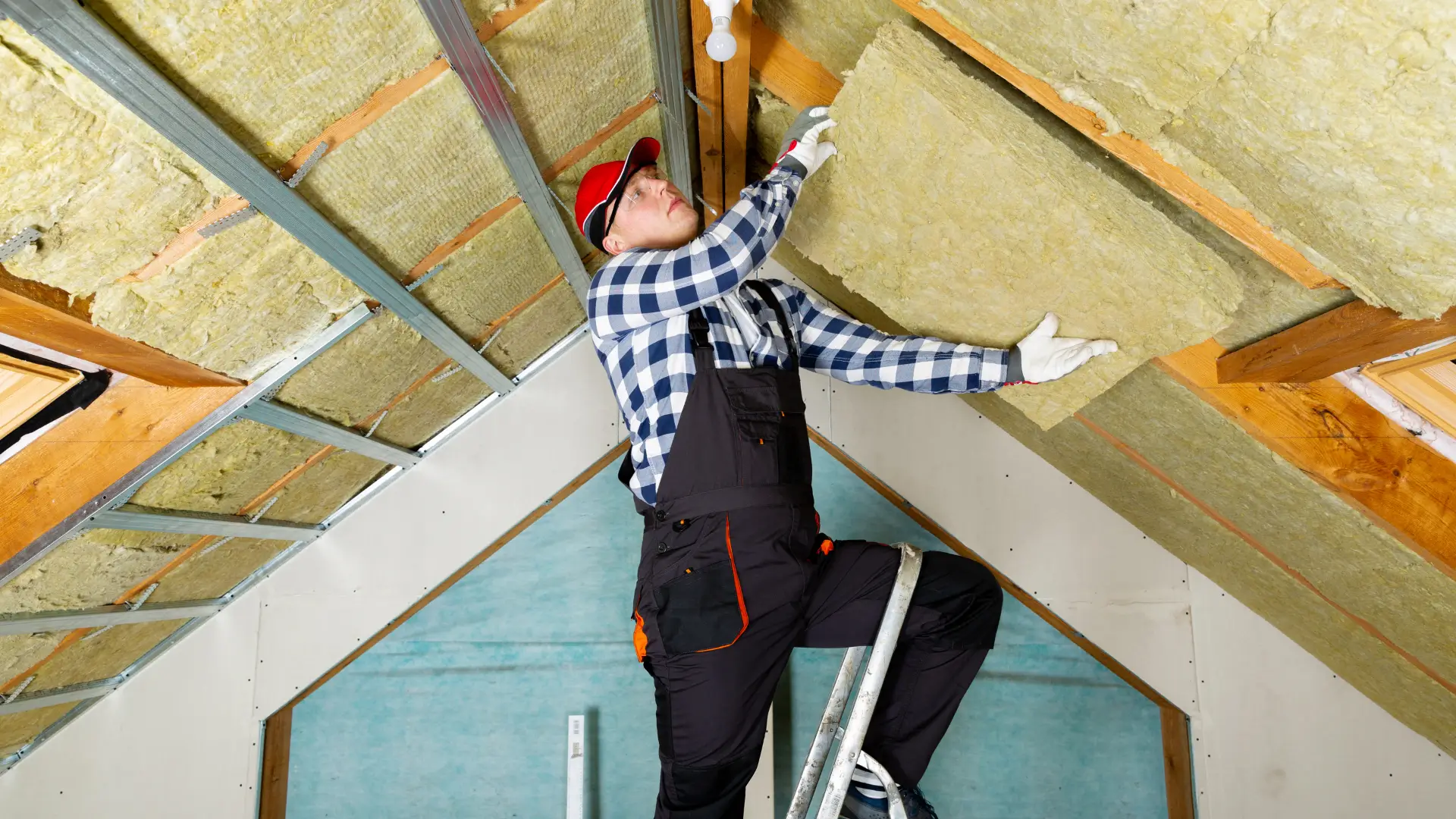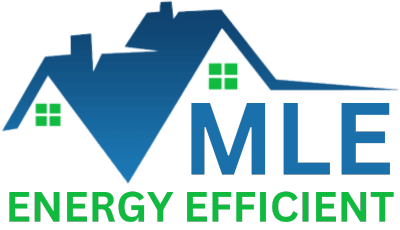- 800 209 2779
- info@mle-energyefficient.com
- License # 1066995
Insulation

Investing in energy-efficient insulation is a critical step toward optimizing your home's comfort and significantly reducing energy costs. The choice of insulation material plays a pivotal role in this process. High-quality insulation materials such as spray foam and cellulose are renowned for their superior thermal resistance. These materials work efficiently to maintain your home’s temperature, ensuring it stays warmer in the winter and cooler in the summer, regardless of external weather conditions. Spray foam insulation, for instance, expands to fill even the smallest gaps and crevices, providing a seamless barrier against air infiltration. This property makes it exceptionally effective at minimizing heat transfer. Similarly, cellulose insulation, made from recycled paper products, is treated to resist fire, pests, and mold, offering not just thermal resistance but also added safety and durability. Both materials prevent the loss of conditioned air, a common issue with less effective insulation. The primary benefit of such efficient insulation is reducing reliance on heating and cooling systems. When your home can maintain its temperature more effectively, your HVAC systems do not have to work as hard to keep your home comfortable. This reduced workload translates directly into lower utility bills, providing immediate financial savings and a practical benefit. Over time, the energy savings from high-quality insulation can offset the initial investment, making it a financially sound choice. Beyond cost savings, proper insulation greatly enhances indoor comfort. It eliminates drafts that can make certain home areas uncomfortable, ensuring a consistent temperature. Improved insulation also contributes to better indoor air quality by reducing the infiltration of pollutants, allergens, and moisture, which can lead to mold growth. Moreover, investing in energy-efficient insulation is a commitment to sustainability. By reducing energy consumption, you are decreasing your home’s carbon footprint, contributing to a more eco-friendly environment and a sense of responsibility. This move aligns with the growing trend of green building practices aimed at conserving resources and protecting the planet, making you part of a larger cause. In summary, upgrading your home with high-quality, energy-efficient insulation is a strategic decision that offers numerous benefits. The advantages are compelling, from enhanced comfort and significant energy savings to improved indoor air quality and environmental sustainability. By making this investment, you are not only improving your home's performance but also contributing to a more sustainable and cost-effective living environment.
